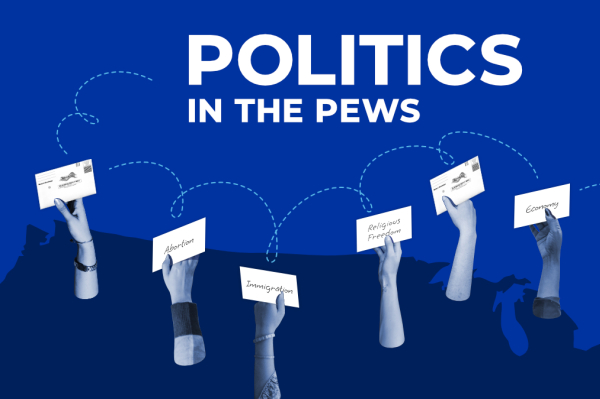Seven biggest lies parents of addicts tell themselves

One of the most difficult things to face as a parent is finding out your child has an addiction. Whether to drugs, alcohol, porn, video games or any other vice, addiction can wreak havoc on a family. Many parents don’t realize how their own co-dependency is contributing to the problem. As a former addict and having had a son that was also an addict, I have discovered seven lies that parents of addicts tell themselves:
1. My child is not addicted, they are just struggling, and they will find themselves soon.
Families of addicts often don’t understand the complexities of addiction. They do not realize what the disease of addiction can do to a person. They don’t know where the person is headed, what the options are to help the person, how they should treat the person and how this addiction impacts their own family life and status. So many times they do nothing except shut up and keep going, and eventually watch as the addict destroys his or her own life, and usually the families as well.
2. It's not as bad as it seems because nobody else has noticed it.
People notice addiction. The behavior of an addict is often irrational and unpredictable. Their grades will begin to plummet in school, they will start hanging out with the wrong crowd of friends, and they will become angry and agitated over little things. Addiction is never invisible.
3. Everybody's going through this and it's just a normal part of growing up.
Nothing about addiction is normal. The very definition of addiction reveals its abnormality. Addiction is a “repeated involvement with a substance or activity, despite the substantial harm it causes.” When you begin to want what you are addicted to more than you care about anything or anyone else in your life, you can no longer claim normalcy.
4. This has to remain a secret because it will harm the family's reputation.
The embarrassment and shame that addiction brings to the family name is devastating, and most families fear ridicule, condemnation and being ostracized from their community, society, church, jobs, and neighborhood. Additionally, they are struggling day-to-day with the addict’s activities and its effect on their family. The pressure on them is intense, and they don't want to be perceived as weak and unable to control their children.
5. We will never be happy unless our child has recovered completely and is no longer an addict.
A lot of family members, especially parents and spouses, believe they cannot be happy until their addicted loved one has completely recovered. Thus, their own happiness and joy is now based on the condition of the addict. If the addict seems to be doing well, they breathe a little easier and think life is okay. If the addict is not doing well, they are constantly in a state of frustration and anxiety. Family members must come to understand that their own happiness cannot be linked directly to the addict’s recovery and behavior. They cannot allow the addict’s behavior to steal their own happiness and joy, or keep them from accomplishing God’s purpose and plan for their lives. It is hard, brutal and devastating to see a loved one losing the fight to addiction, but you are not doing the addict any favors if you go down with them.
6. We don't have to deal with this now, they can get help later.There is no such thing as getting an addict help too early in their addiction. Cut it off as soon as you know it is there. Find the help and support you need and the addict needs to get well. The longer the addiction looms, the harder it will be to counteract.
7. This will impact their future forever.
Many believe their child's future opportunities will be ruined if it is disclosed publicly that their child is an addict. In the short term, this may be true. But not dealing with it will cause much more lasting and long-term consequences.
Addiction is difficult to cure and it has the ability to wreck relationships. But there are multiple programs that offer hope, healing, and support for both the addict and loved ones of the addict. Parents need to put away the lies so they can deal with the truth about addiction, and find the help they need for themselves and their child.
Jack Alan Levine is the author of nine books and the founder of Voice of God Ministry. A licensed minister since 2006, he is currently Executive Pastor at Purpose Church Orlando. A recovering addict himself, he created the video workshop “Free for Life at Last” to assist addicts and their families. For more information, visit www.JackAlanLevine.com.





















